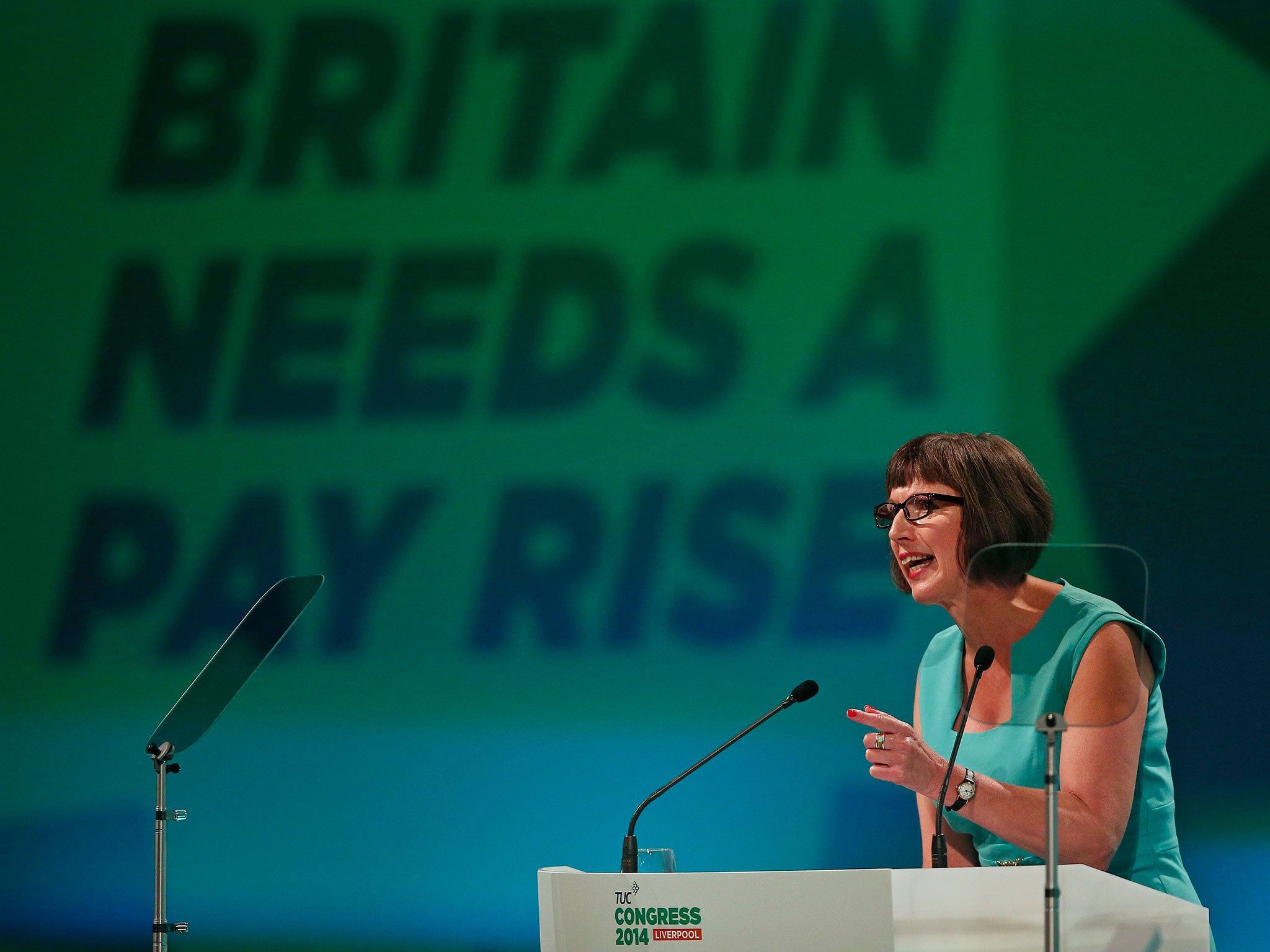Frances O’Grady was right about the rich but wrong about Downton
Most people who tune in are struck by the benevolent, paternalistic attitude of the haves towards the have-nots


As if the ITV publicity department wasn’t doing enough to promote the forthcoming series of Downton Abbey, the head of the TUC gives the show a further burst of headlines. “Are we going to settle...for a Downton Abbey-style society,” asked Frances O’Grady, “in which the living standards of the vast majority are sacrificed to protect the high living of the well-to-do?” It was a rhetorical flourish which was calculated to attract attention, and who can blame Ms O’Grady?
The TUC? What’s that? The days when the trade unions were a credible political force, capable of affecting the destiny of the nation, are over. Their great leaders of yore, the bogey men of the right wing press, are no more. But the struggle goes on, and Ms O’Grady’s themes of social injustice and rampant inequality are as relevant today than ever before.
As my colleague Andy McSmith pointed out in this very organ, the live BBC coverage of the TUC leader’s speech about the iniquities of modern Britain, where the privileged few still hold sway, was interrupted to bring news of a second baby for the Duchess of Cambridge. You could say this was suitably ironic, but Ms O’Grady clearly understands that the British public love an upper class soap opera.
In any case, I’m not sure she’s on the right track with her analogy. The contention that Victorian society was inherently “nastier and poorer” may be correct, but most people who tune in to Downton Abbey are struck by the benevolent, paternalistic attitude of the haves towards the have-nots. The Granthams are portrayed as a caring, socially aware family, bestowing patronage on the lower orders, and mindful of the less fortunate. And wasn’t this the era of the great philanthropists, the Frys and the Rowntrees, who ploughed their vast riches into making the lives of the poorest in society more palatable, and who had a vision of a fairer, more equitable Britain?
I don’t see that kind of thing so much these days. Among today’s super-rich, who have a wealth beyond imagining, there is a great deal of giving, but a relatively small amount of this charity begins at home. We fight malaria, we tackle Aids, we battle to save wild animals from extinction, but we are not so good at supporting the disenfranchised in our own society. Ms O’Grady is right to focus on the widening inequalities in today’s Britain – something that increased, shamefully, under the last Labour administration – but it is as much a social issue as it is a political one.
The lack of social mobility, the retrenchment of rights for the lowest paid workers, the vast discrepancies between rich and poor, and between the regions – exacerbated by the influx of the global mega-rich to London – is a clear threat to the social stability of the nation. The TUC of 2014 may be something of a neutered beast, and there was an element of Spartism in some of Ms O’Grady’s comments. But someone has got to draw meaningful attention to the grotesque injustices, inequalities and disparities that blight Britain today. And I don’t hear any of our political leaders doing that.
Join our commenting forum
Join thought-provoking conversations, follow other Independent readers and see their replies
Comments
Bookmark popover
Removed from bookmarks